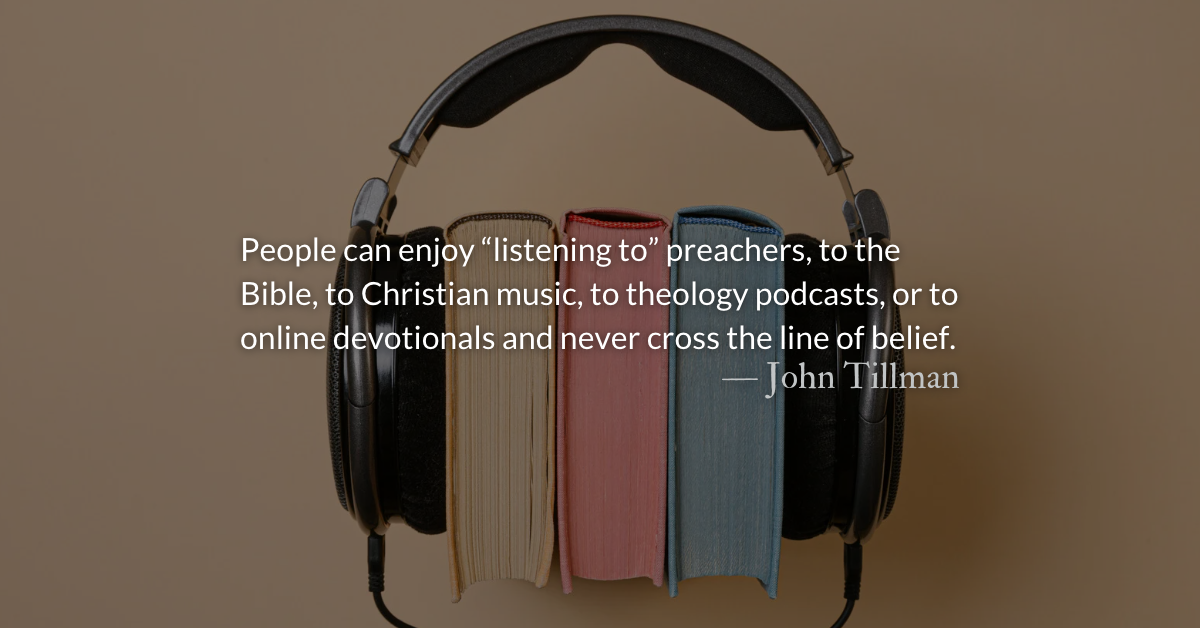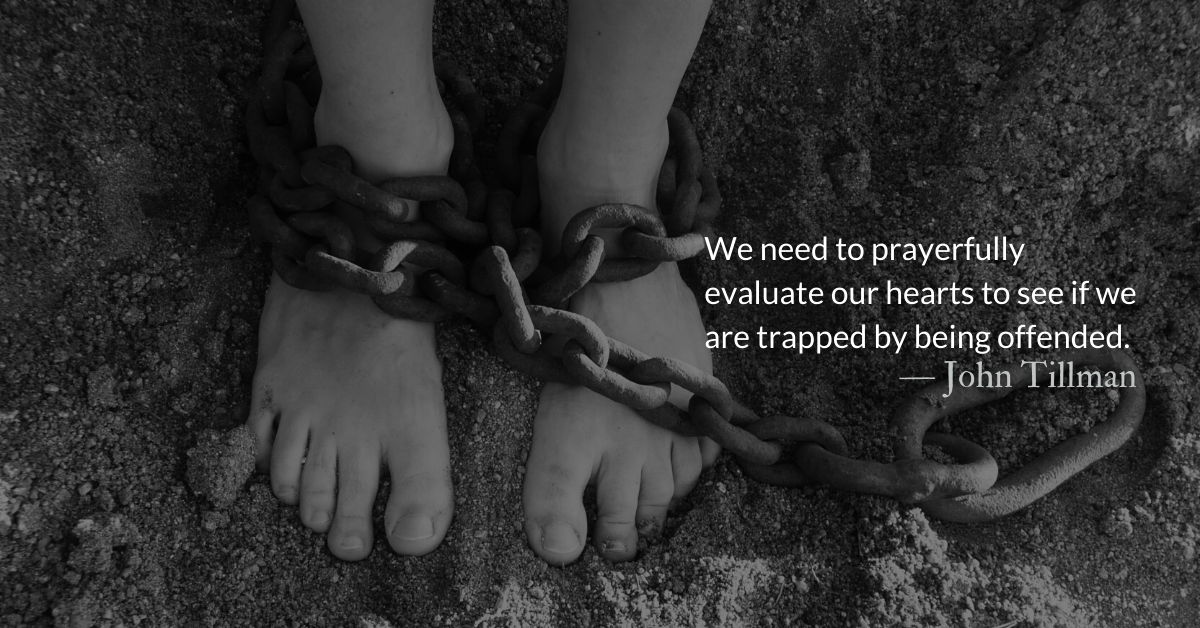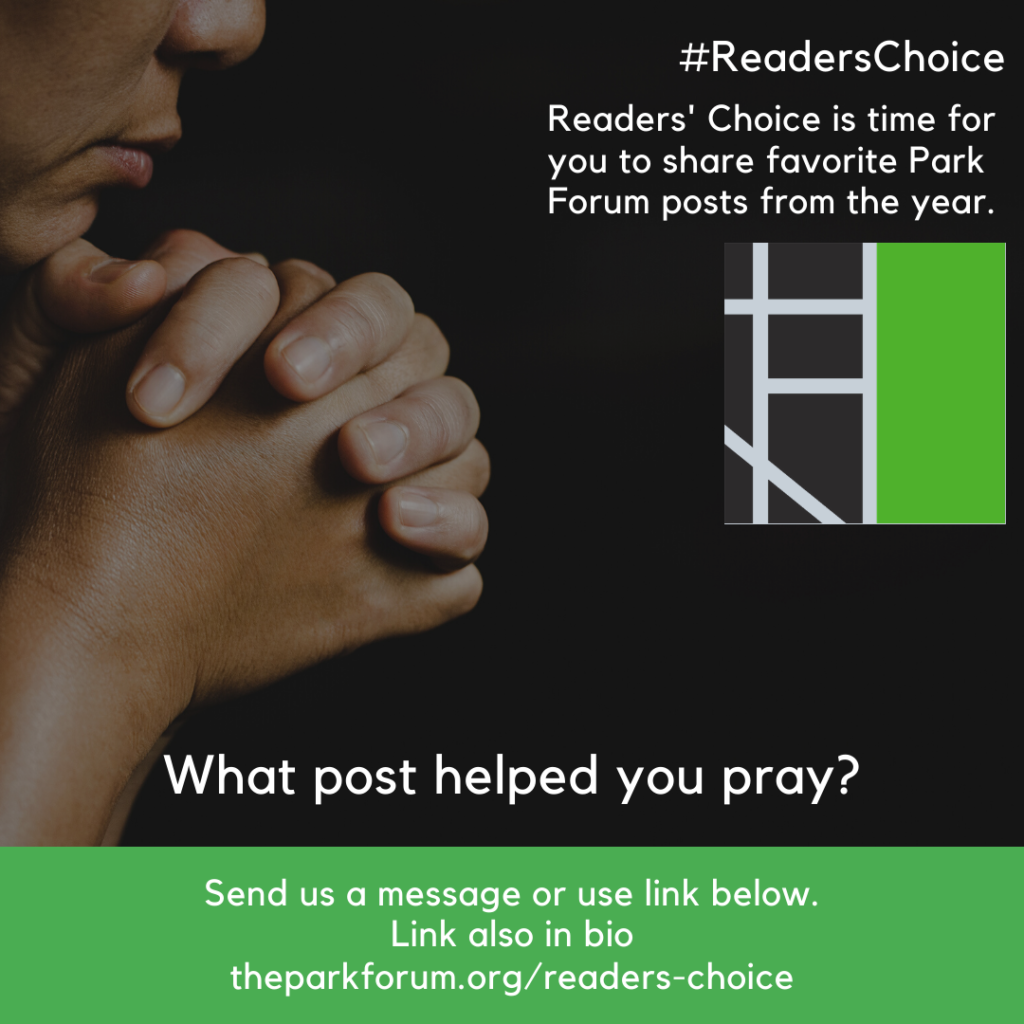Scripture Focus: Mark 6.14-16
14 King Herod heard about this, for Jesus’ name had become well known. Some were saying, “John the Baptizer has been raised from the dead, and that is why miraculous powers are at work in him.”
15 Others said, “He is Elijah.”
And still others claimed, “He is a prophet, like one of the prophets of long ago.”
16 But when Herod heard this, he said, “John, whom I beheaded, has been raised from the dead!”
Reflection: Progression Not Perfection
By John Tillman
Jesus began sending out followers to heal and drive out demonic spirits just as he had done. This not only spread the gospel but sparked rumors of a powerful prophet among the people. Some said Elijah had returned and some said other prophets from long ago.
When rumors reached the palace of Herod Antipas, he did not think of prophets long in their graves. He thought of John the Baptizer, whom he had recently beheaded.
If John had produced a podcast, Herod would have been its number-one fan. This was not, however, because John was tickling Herod’s ears. John wasn’t the ear-tickling type. John’s critique is what got him imprisoned by Herod in the first place.
Herod had taken the wife of his brother (Also a Herod…there were a LOT of Herods.). In modern minds, Herod Antipas and Herodias’s story might be seen as a love story. When Herodias was eight years old, she was forced into a marriage to Herod Phillip II. Later, she fell in love with Herod Antipas, who was closer to her age, when he visited Phillip in Rome. If we ignore that both of these men were her uncle, Herod and Herodias might be a more sympathetic couple.
This marriage was considered by many faithful Jewish people to be wildly immoral and disgusting. (Leviticus 18.16) John regularly told Herod his marriage was sinful and against God’s Law. Despite this, Herod protected John because he was a righteous and holy man. Herod liked listening to John even though he didn’t seem to understand (or obey) anything John said.
People can enjoy “listening to” preachers, to the Bible, to Christian music, to theology podcasts, or to online devotionals and never cross the line of belief. One sign of right belief is right action. Everyone who believes does not act perfectly. However, if faith has never changed your actions, you should ponder whether you have truly given your heart to it.
Like Herod, you might start as a fan, but you can become a follower. Jesus’ disciples begin as normal tradesmen. They were prone to sin, violence, threats, anger, bitterness, and fear…but they progressed. We see them become empowered, changed into those who could command demons, heal, and give their lives for the gospel. Do not ask yourself if you are perfect. You aren’t. Ask yourself if you are progressing.
Divine Hours Prayer: The Refrain for the Morning Lessons
For God, who commanded the light to shine out of darkness, hath shined in our hearts, to give the light of the knowledge of the glory of God in the face of Jesus Christ. — 2 Corinthians 4.6
Divine Hours Prayer: The Request for Presence
For God alone my soul in silence waits; truly, my hope is in him. — Psalm 62.6
Today’s Readings
Genesis 28 (Listen 3:17)
Mark 6 (Listen 7:23)
This Weekend’s Readings
Genesis 29 (Listen 4:45) Mark 7 (Listen 4:28)
Genesis 30 (Listen 6:10) Mark 8 (Listen 4:29)
Read more about Resisting Herods
Today’s Christian leaders must demonstrate the ability to stand before today’s Herods with more of John the Baptist’s moral compass…
Read more about Supporting Our Work
We want to not only continue but expand our work in 2023. Please consider becoming a monthly donor to help us reach more people.











